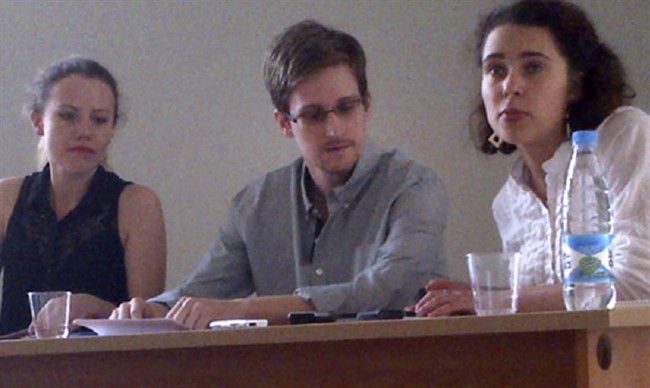CHICAGO – The federal government concedes in a Chicago filing they must notify defendants in terrorism cases if evidence from once-secret surveillance programs will be used against them.

But their Thursday filing denies evidence against a 19-year-old accused of trying to ignite what he thought was a car bomb in Chicago derived from those programs.
Adel Daoud’s defence team has said indications are expanded surveillance was used and said in a June filing they want to challenge the methods’ constitutionality.
Recent leaks by former National Security Agency contractor Edward Snowden has revealed the extent of the enhanced surveillance.
Reacting to Thursday’s filing, Daoud attorney Thomas Durkin said, “The NSA is giving the Justice Department and the U.S. attorney’s office marching orders to avoid a constitutional challenge at all cost.”
Prosecutors declined comment.

Comments